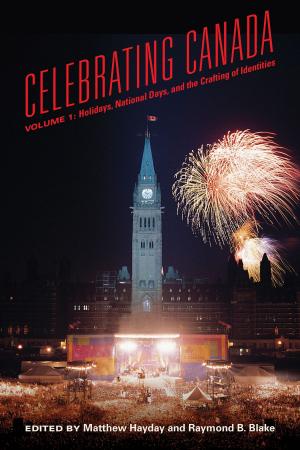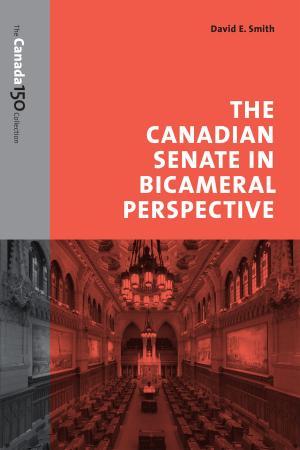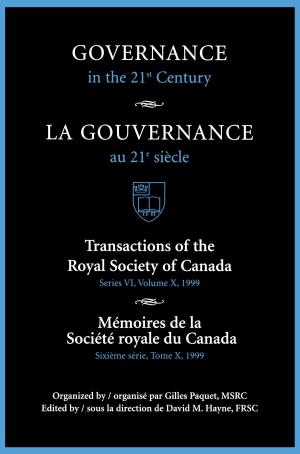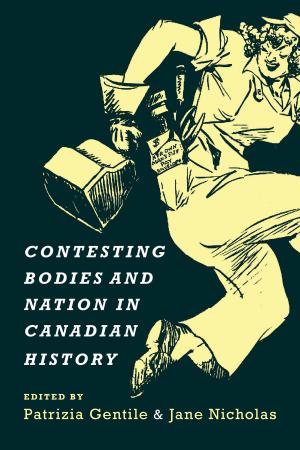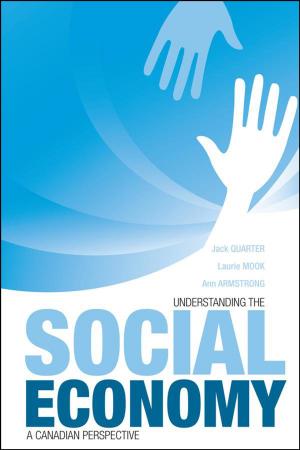Aboriginal People and Colonizers of Western Canada to 1900
Nonfiction, History, Americas, Canada, Native American| Author: | Sarah Carter | ISBN: | 9781442690769 |
| Publisher: | University of Toronto Press, Scholarly Publishing Division | Publication: | December 25, 1999 |
| Imprint: | Language: | English |
| Author: | Sarah Carter |
| ISBN: | 9781442690769 |
| Publisher: | University of Toronto Press, Scholarly Publishing Division |
| Publication: | December 25, 1999 |
| Imprint: | |
| Language: | English |
The history of Canada's Aboriginal peoples after European contact is a hotly debated area of study. In Aboriginal People and Colonizers of Western Canada to 1900, Sarah Carter looks at the cultural, political, and economic issues of this contested history, focusing on the western interior, or what would later become Canada's prairie provinces.
This wide-ranging survey draws on the wealth of interdisciplinary scholarship of the last three decades. Topics include the impact of European diseases, changing interpretations of fur trade interaction, the Red River settlement as a cultural crossroad, missionaries, treaties, the disappearance of the buffalo, the myths about the Mounties, Canadian 'Indian' policy, and the policies of Aboriginal peoples towards Canada.
Carter focuses on the multiplicity of perspectives that exist on past events. Referring to nearly all of the current scholarship in the field, she presents opposing versions on every major topic, often linking these debates to contemporary issues. The result is a sensitive treatment of history as an interpretive exercise, making this an invaluable text for students as well as all those interested in Aboriginal/Non-Aboriginal relations.
The history of Canada's Aboriginal peoples after European contact is a hotly debated area of study. In Aboriginal People and Colonizers of Western Canada to 1900, Sarah Carter looks at the cultural, political, and economic issues of this contested history, focusing on the western interior, or what would later become Canada's prairie provinces.
This wide-ranging survey draws on the wealth of interdisciplinary scholarship of the last three decades. Topics include the impact of European diseases, changing interpretations of fur trade interaction, the Red River settlement as a cultural crossroad, missionaries, treaties, the disappearance of the buffalo, the myths about the Mounties, Canadian 'Indian' policy, and the policies of Aboriginal peoples towards Canada.
Carter focuses on the multiplicity of perspectives that exist on past events. Referring to nearly all of the current scholarship in the field, she presents opposing versions on every major topic, often linking these debates to contemporary issues. The result is a sensitive treatment of history as an interpretive exercise, making this an invaluable text for students as well as all those interested in Aboriginal/Non-Aboriginal relations.

